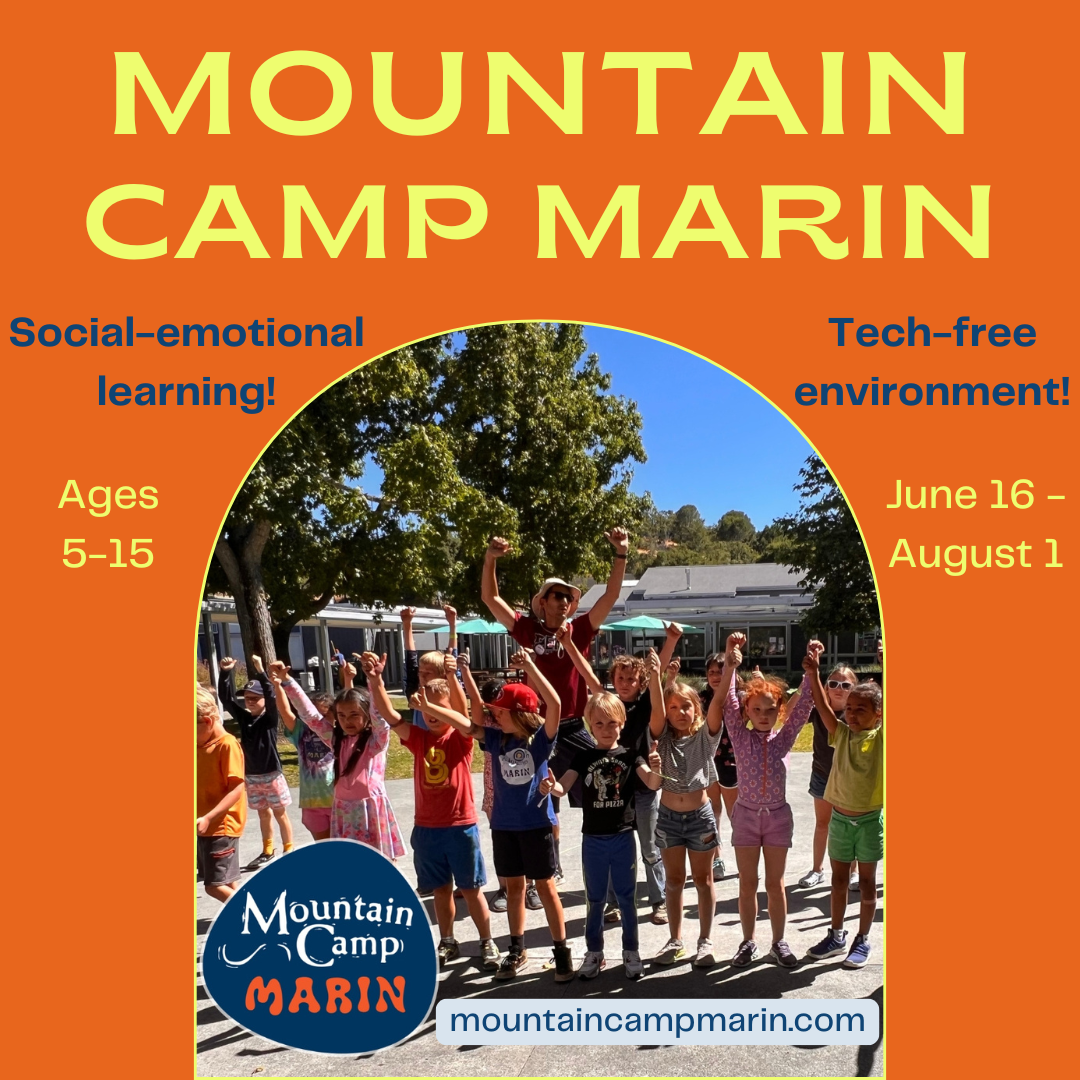The Beauty of Math Puzzle Sets
/At a young age, I determined that mathematics is too tricky and challenging. Every year, I was failing math until my 7th grade math teacher, Mr. Lo Piccilo, refused to let me say, "I don’t understand"; but encouraged me to say, “I don’t understand this yet, but I will.” He knew the secret, that through practice I can master anything in math. Mr. Lo Piccilo really helped me greatly improve, even love, math.
Now I see my own 7th grade daughter traveling down a similar path. When she asks “What should I do when I don’t know what I’m doing?” Wes Carroll, founder of Wes Carroll's Do the Math, says, "Grappling with this question helps most students, especially anxious ones, become great students.” Carroll believes that math puzzle sets (or “competitions”) are an especially good way to help everyone improve at math. Since the middle of last century, math events have been sharpening skills that schools don't have time for. I sat down with Wes to learn more about math puzzle sets.
How do these puzzle sets work?
By giving students two vital experiences:
The feeling of having to work for the answer without any of the negative feelings usually associated with struggling.
The feeling of solving an “impossible” problem with no outside help.
Are they competitions?
Not really. That’s just bad branding and a long history. I call them puzzle sets because that’s what they are: collections of interesting open-ended puzzles that certain awesome puzzle authors create for middle and high school students on a regular schedule. This is not only a more palatable framing, but it’s also more accurate: participants do their work alone, and their scores aren’t affected by others’ performance. If you want to learn more, “math competitions” is a good search term for getting started -- just don’t takethe name to heart.
Why does it matter what you call it?
Because some of the students who would most benefit from this work are not interested in anything called a “math competition.” In particular, girls are vastly underrepresented in this arena (which of course means that they stand even more to gain by being one of the few actually engaging in it). Gender bias aside, there are many interpersonal skills that play into competition that aren’t relevant here. There is no “psyching out” your opponent in these puzzle sets. There's only building your skill, recognizing and understanding your own thoughts and feelings, and learning how to make yourself most effective.
Are there other benefits?
Yes:
It teaches how to complete creative intellectual work even under pressure.
It looks awfully good on your college applications (as well as on your professional resume later on.)
Where do I start?
4th through 7th graders should start with Mathcounts.
7th and early 8th, the AMC 8.
8th through early 10th, the AMC 10.
9th through early 12th, the AMC 12.
You can also listen to my podcast, where I challenge listeners with similar puzzles, one per week. The podcast is good for everyone!
How do I take the next step?
There are a number of ways to get involved.
1. Get your school to participate.
2. Find and visit a local math circle. In the Bay Area:
3. Connect with a coach, like Wes, at Do the Math
4. Or just read and work on some problems from past years on your own.
How far can this go?
All the way to the International Math Olympiad. Yes, it’s true: every year students represent their home countries in an international math-off. It has been a real thing for the better part of a century, and a lot of famous brainiacs did it. This years International Mathematical Olympiad (IMO) is in Hong Kong from July, 6 - 16 2016.
Are there teams?
Yes and no. A student’s score is based only on individual performance. However, training teams and clubs do exist. Searching the web for “math circles” is a good place to start.
Wes Carroll is the founder for Wes Carroll's Do the Math, an in-person and online tutoring practice based in Berkeley. His specialty is the intersection of math enrichment and intellectual performance; his aim is to increase authentic engagement, permanent advancement, and self-management under pressure.



















